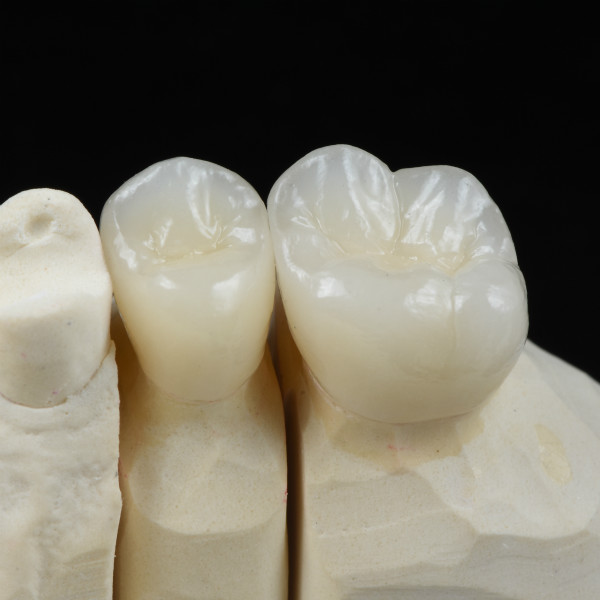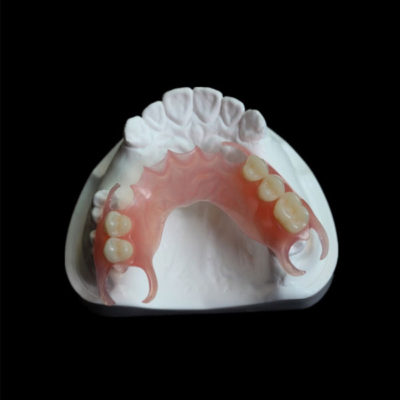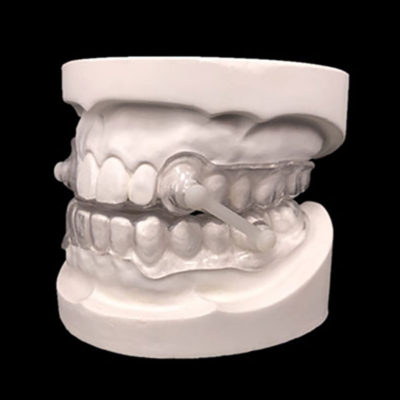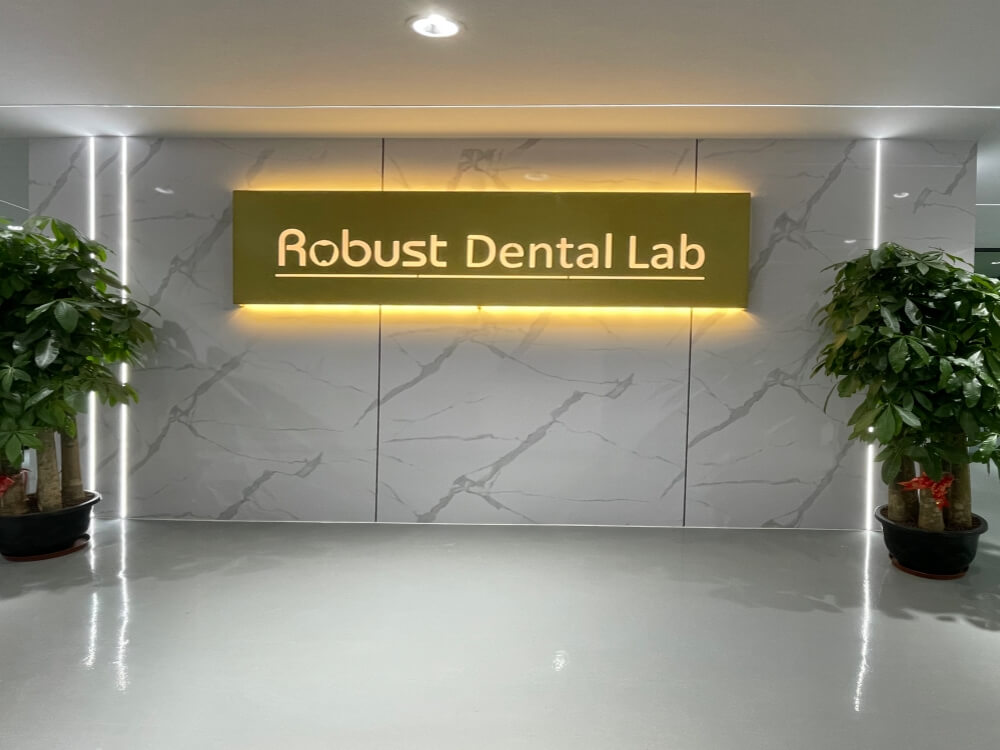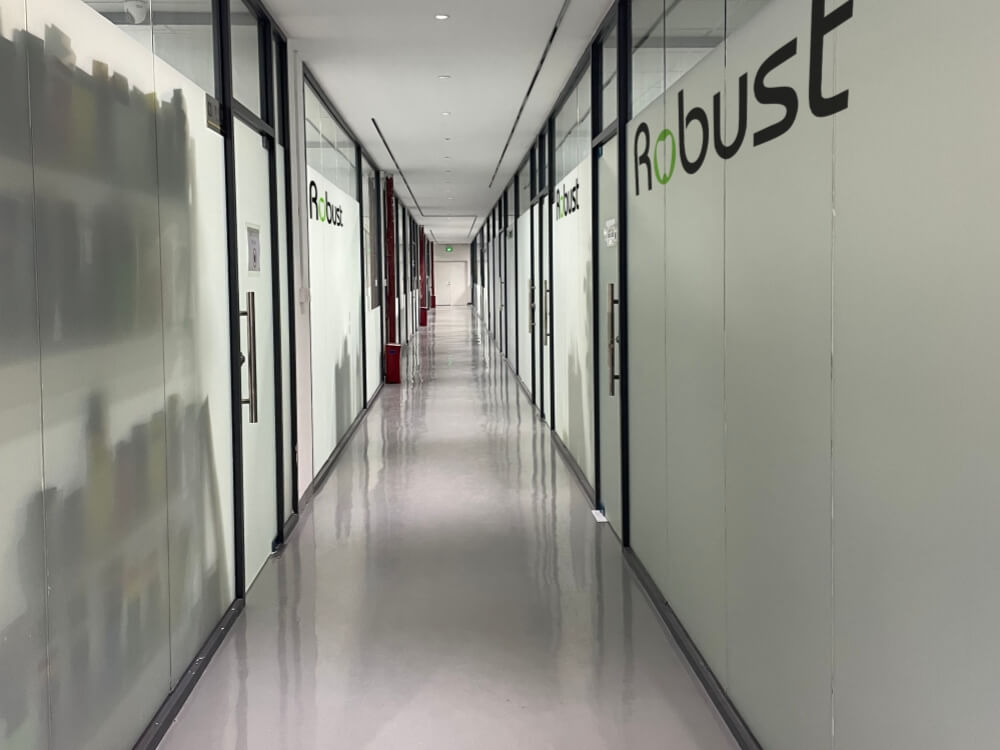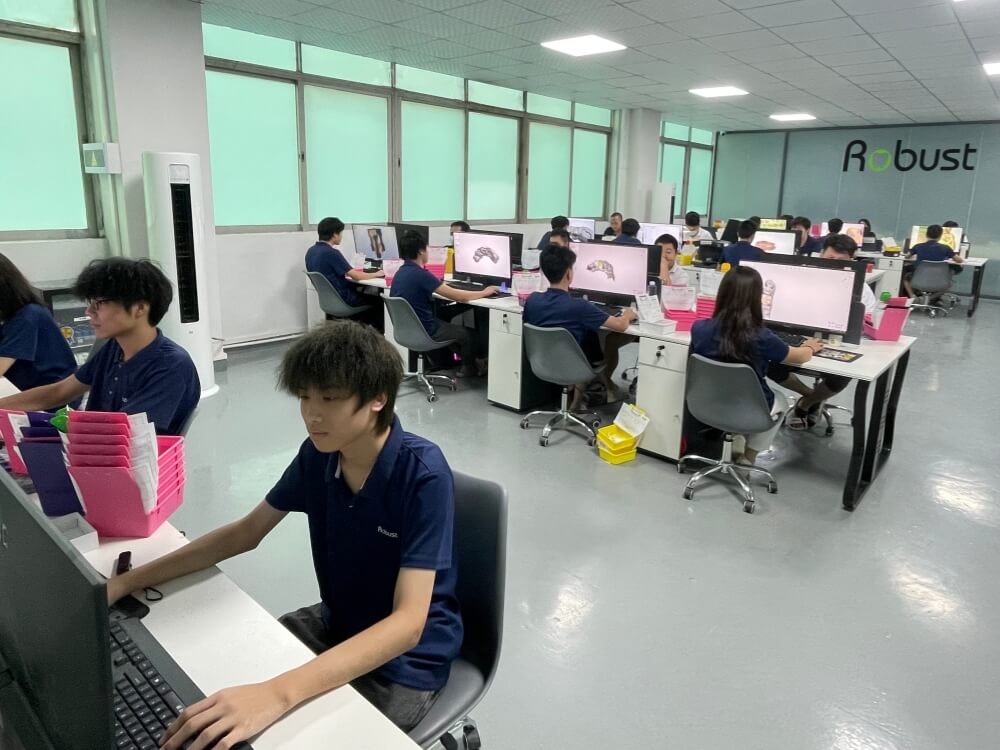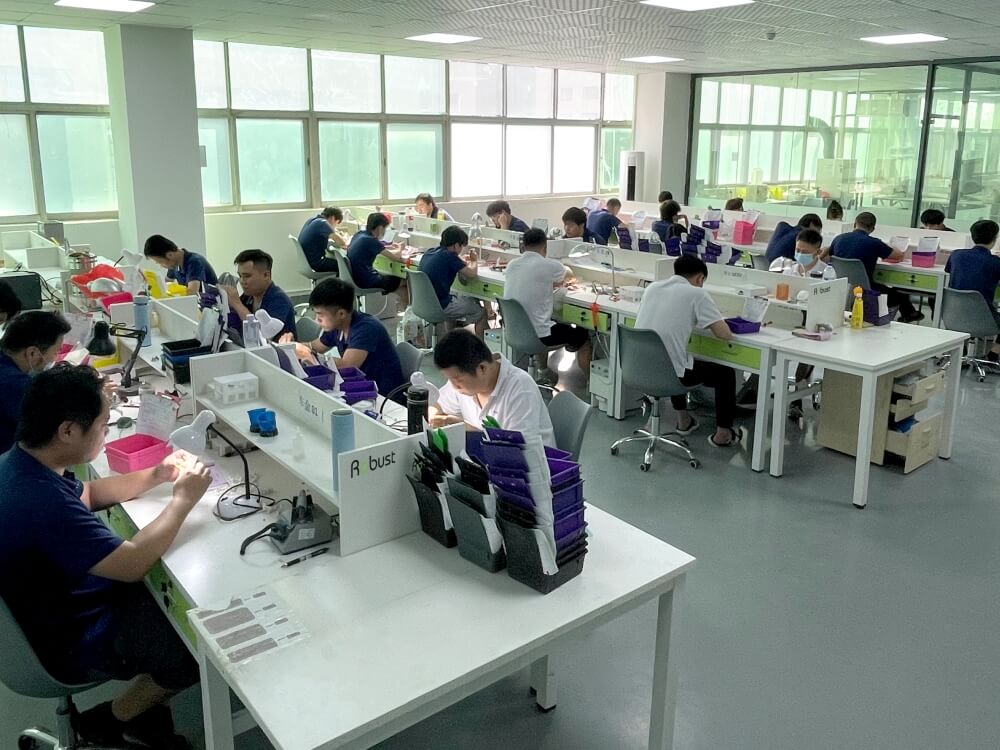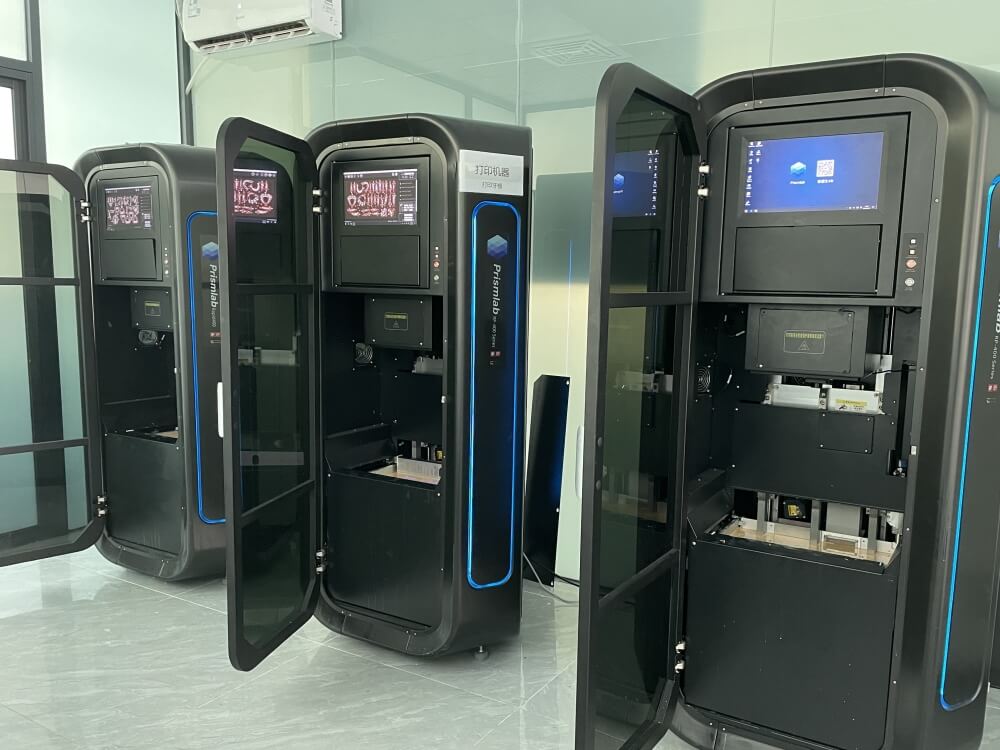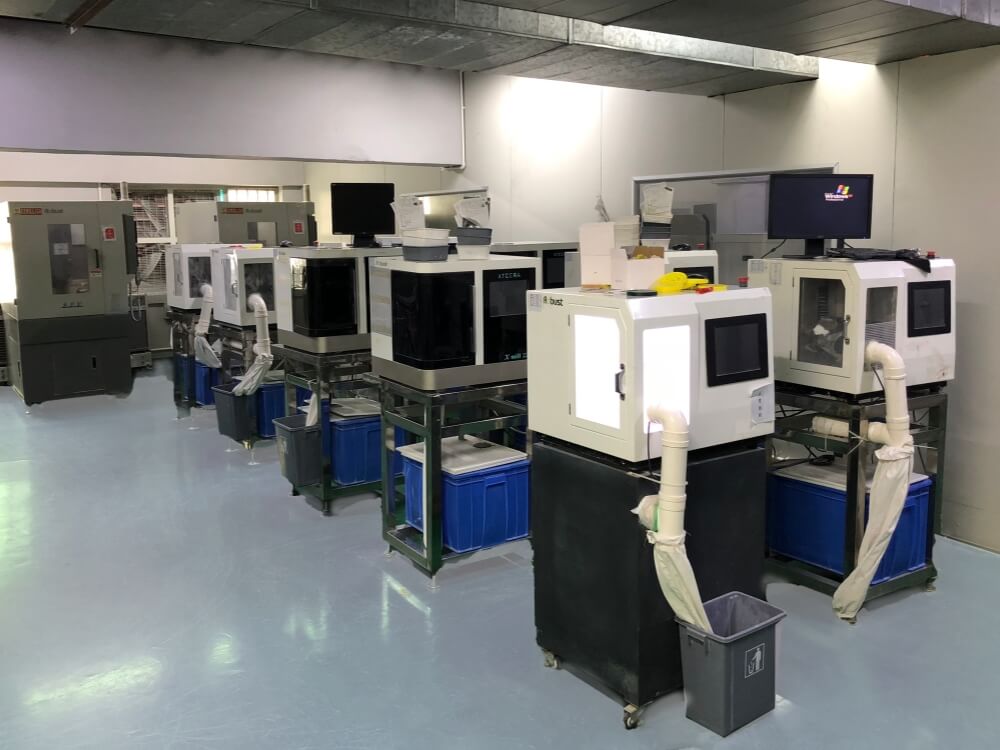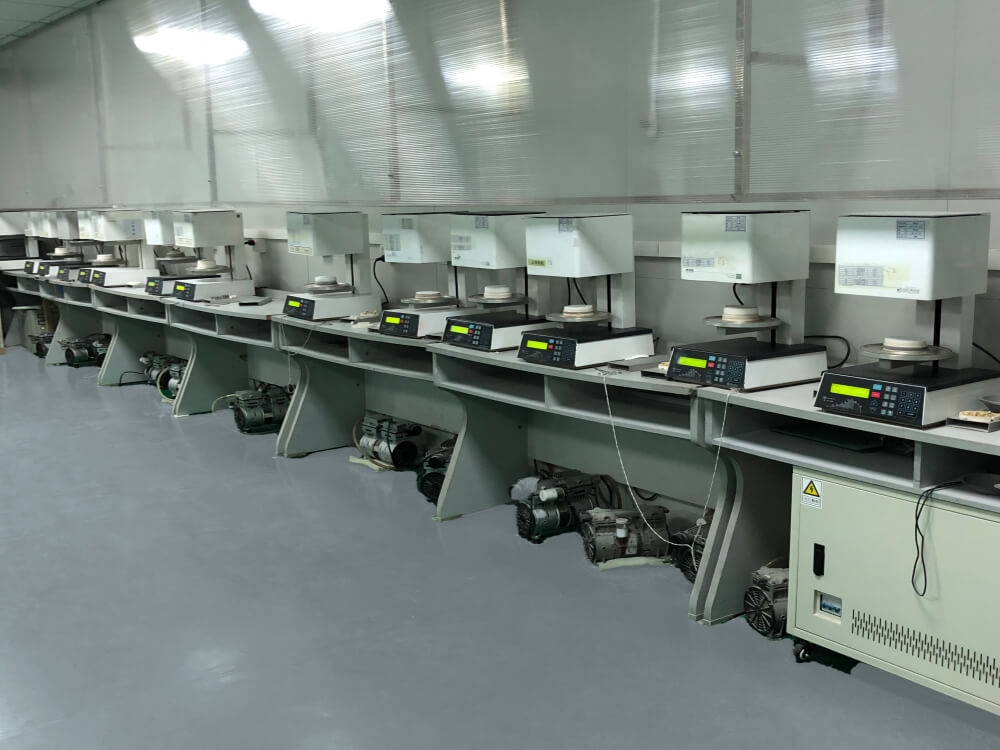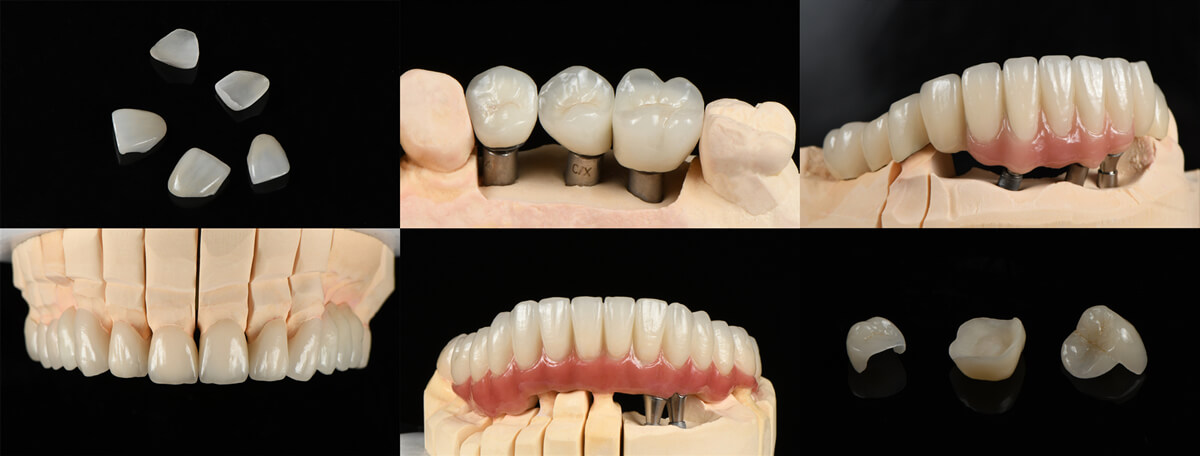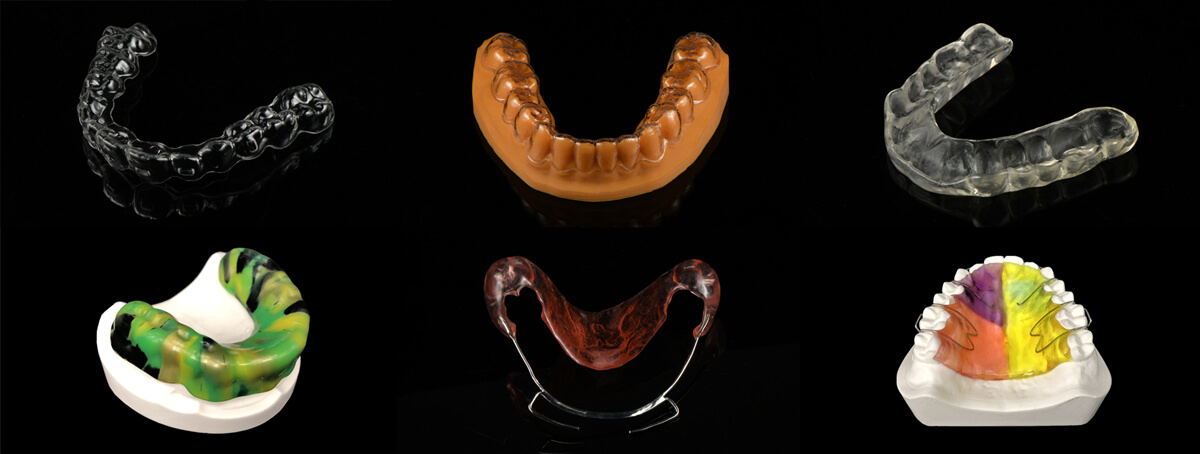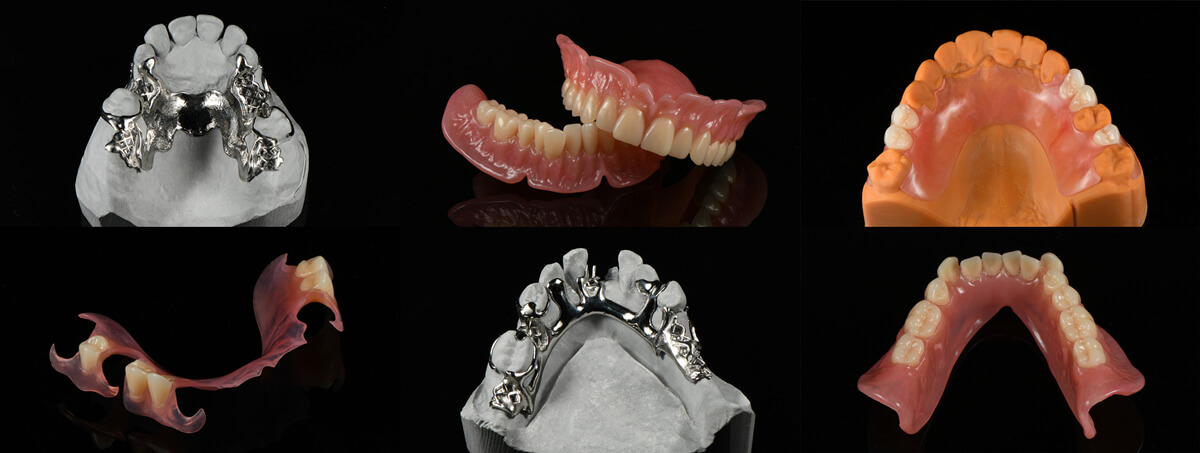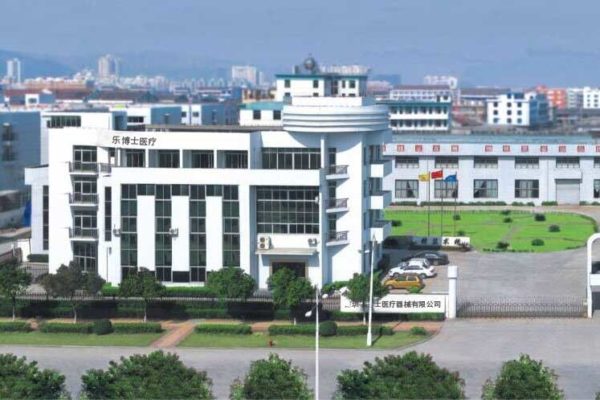One-Stop Dental Outsourcing Service
Robust is a full service dental lab, producing all dental cases in house. Robust provides the same care for dental labs and independent dentists.
Dental Lab Singapore Outsourcing Production Time
| Crown/ Bridge/ Veneer/ Inlay (no more than 5 units) | 4 days |
| Crown/ Bridge/ Veneer/ Inlay (over 5 units) | 5 days |
| Crown/ Bridge/ Veneer/ Inlay (full mouth) | 8 days |
| Post Core + Crown/ Bridge | 6 days |
| Implant Abutment + Implant Crown/ Bridge | 6 days |
| Framework Only | 3 days |
| Teeth Set-up for Try-in Only | 3 days |
| Acrylic/ Flexible Straight to Finish | 4 days |
| Framework + Acrylic/ Flexible Straight to Finish | 5 days |
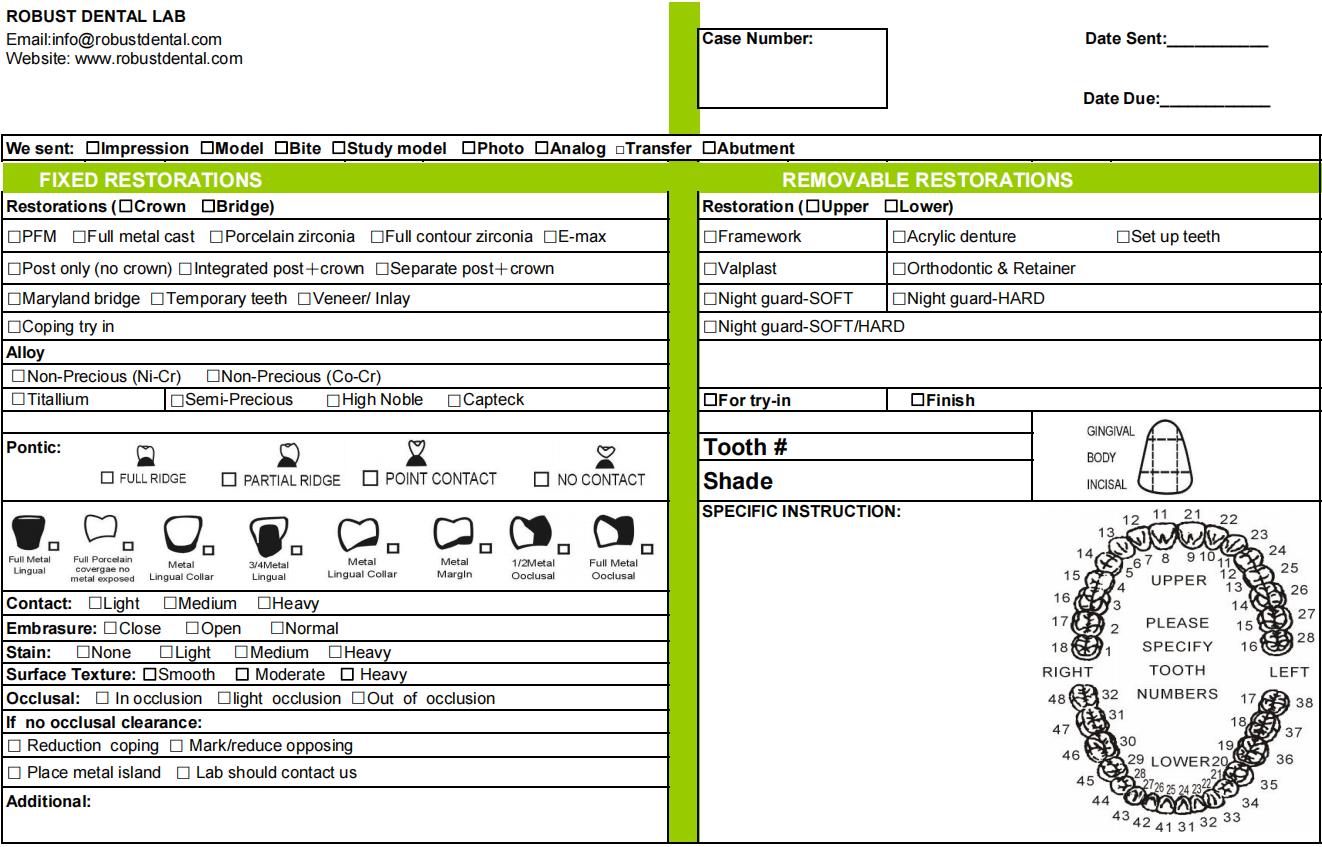
1. What are the main types of dental labs in Singapore?
Speaking of the different types, dental labs can be distinguished by the scale and the mode of business operation. The following classifications combine both the scale and operation mode.
1) Solo Practice
The solo Practice dental lab, normally of small size, is led by one dentist who has rich experience and with a fixed patient group. If the business is stable and lasting, the lab will hire one or several junior dentists who have just graduated from school and want to find a place to learn from practice. The leading practice dentist in this lab imparts his or her knowledge to the junior dentists to lay the foundation for the solo practice of junior dentists.
2) Associateship
Generally, this kind of dental clinic is jointly owned by two or more doctors, and the common expenses such as clinic rent are jointly borne by everyone, but each is responsible for one’s own customers, and equipment consumption. Each dentist is subject to his or her own debts or disputes. This type of operation mode can be medium-sized, but the employed dentist will not be more than 200.
3) Dental lab group
This dental lab form works in group size and it is provided with at least 200 hundred dentists. You can walk into the lab at any time in case of an emergency. This dental lab usually cooperates with universities and colleges. The school provides human resources and the lab offers equipment and patient source.
These major types of dental labs include both the operation form that is self-employed and independent of any group organization clinic and the large-scale dental lab equipped with hundreds of dentists to work shifts for 24 hours and 7 days.
2. What is Endodontic Treatment?
Endodontic treatment refers to painless root canal therapy in the case that the crown of a tooth becomes infected, damaged, or diseased, and then the patient will be transferred to an endodontist practitioner. The practitioner dentist will then be able to diagnose the root canal conditions and treat the issues with the patient’s sensitive tooth crown, also performing root canals whenever necessary. This kind of treatment is one specialized and basic dental lab procedure.
Under normal circumstances, for that pulpitis, pulp necrosis, and various types of apical periodontitis are suitable for root canal treatment. Including pulpitis and pulp necrosis caused by caries, cracked teeth, excessive consumption, pulp penetration, etc., and the situation that the viable pulp cannot be preserved.
Root canal treatment usually includes three basic steps: root canal preparation, root canal disinfection, and root canal filling. And the basic procedure of tooth root canal therapy is as follows:
- First, after placing one dental dam above the decayed tooth to isolate the decayed area from other teeth, the inflammatory pulp and necrotic material in the root canal will be measured.
- Then measure the length of the root canal and the root canal will be appropriately enlarged (i.e., the root canal preparation process).
- Then the root canal will be sealed and disinfected.
- Finally, the root canal will be filled with drugs.
Full crown protection after root canal treatment on the basis of X-ray examination is as critical as the root canal treatment itself. In fact, after the root canal treatment, the tooth without the nutrition provided by the pulp will become dark and brittle, and the remaining crown part is easily broken and split, which will reduce the service life of the tooth crown to protect the tooth.
The treatment is called root canal therapy because the procedure is carried out in the root canal of one tooth. When the pulp has been infected or permanently damaged, if the pulp is still partially alive, the patient will feel pain in the tooth. In order to relieve the patient’s symptoms, the diseased pulp should be cleaned to prevent the further development of infection, it is necessary to extract the pulp nerve and perform root canal treatment.
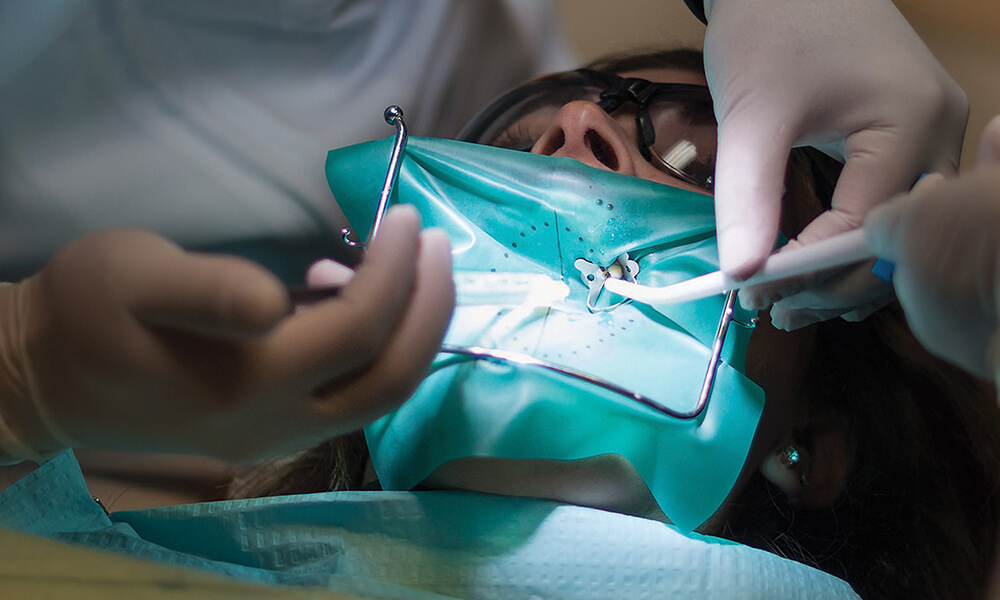
3. Who needs preventative and pediatric dental lab services?
Normally, dentists from General Department often provide a wide bunch of measures to diagnose and prevent dental issues. The general test intents to preserve oral health and are more commonly carried out in young children. Since parents sincerely wish that dental issues including tooth decay or dental caries, gum disease, and cavities can be avoided for their children. These are the so-called preventative and pediatric dental lab services. By taking X-rays and fluoride treatments, the above-mentioned issues can be preserved effectively. Moreover, the promotion of routine tooth cleaning and proper tooth brushing mode is also an effective option for prevention. If one dental lab wants to have a more widespread customer base, the lab shall be equipped with a pediatric dentist to provide more specialized treatment for children, such as cavity fillings and routine tooth care specialized for young kids. In addition, the equipment tailed for the children’s tooth test and monitoring. In order to attract parents and distract children’s attention from the horrible tests, the decoration of the dental lab could be full of childishness and even provide tolls and an entertainment area.
4. What is the periodontal treatment?
This kind of oral treatment is another common dental service at a dental lab. Periodontal disease is chronic and progressive damage that occurs in the gingiva, periodontal ligament, alveolar bone, and other supporting tissues of the teeth. It can affect most teeth or even the whole mouth. In addition, it may become a focus of infection and cause other organs. A disease that affects the health of the whole body.
There are different levels of periodontal disease:
- Mild periodontal disease – gingivitis
- Intermediate periodontal disease – gingival inflammation continues to spread to mild periodontitis
- Late periodontal disease – Regressive lesions of the gingival and alveolar bone tissue
Many people have loose teeth, which can be caused by various reasons. Almost all doctors recommend that you remove a loose tooth as soon as possible to avoid affecting other teeth. As a result, it is strongly recommended to take a regular test on periodontal conditions.
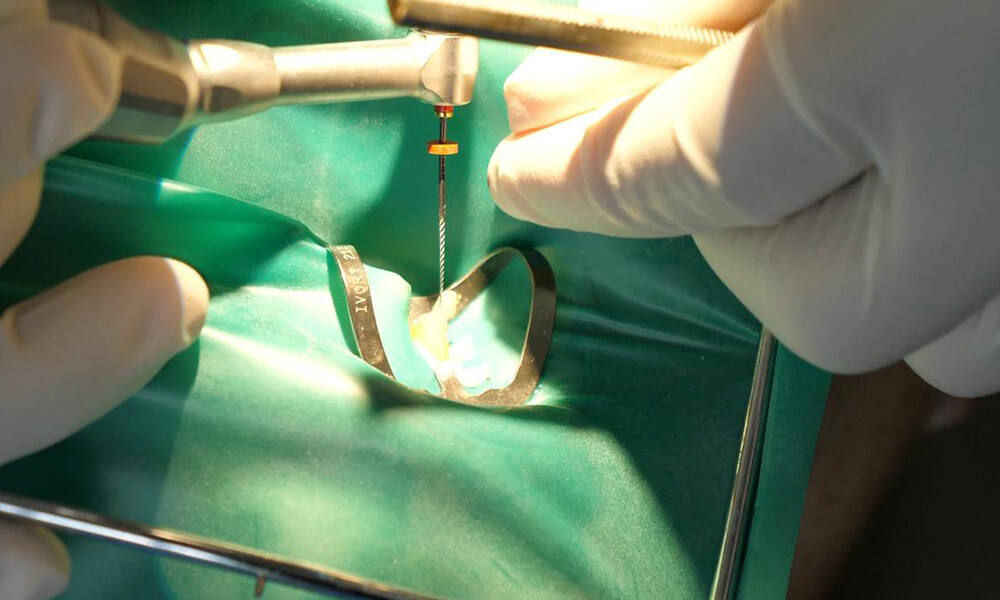
5. What is the procedure of prosthodontic care?
After people lose their natural teeth, they often hope that “dentures” can be as beautiful and easy to use as real teeth. When dental implants do not appear, in order to restore neat and beautiful teeth and ensure normal eating function, only fixed dentures are adopted. Fixed and removable dentures are two methods of dentures.
1) Removable denture
Removable dentures use metal devices to fix dentures on other natural teeth and mucous membranes, and users can remove and wear them by themselves.
Disadvantage: Due to the large size, in the case of using the metal plate on the upper palate or the tongue side, it may cause the patient to feel uncomfortable when wearing it for the first time. People who use removable dentures need to remove the dentures to clean after every meal, which is more troublesome.
Attention: The retention and chewing functions of removable dentures are poor, so special care should be taken not to eat too hard and sticky food in daily use, and removable dentures have a certain color due to the metal device, which is not conducive to aesthetics.
2) Fixed denture
Fixed dentures are restorations that replace one or several missing teeth in the dentition. The anatomical form and physiological function of the missing tooth are restored by connecting it with the prepared abutment or implant on both sides of the missing tooth by means of the adhesive or fixing device.
Advantage: Stable, comfortable, and beautiful, it can ensure good chewing function and pronunciation function, and patients will feel the same as their original teeth without discomfort.
Disadvantage: Fixed dentures require cutting and grinding of intact natural teeth on both sides, causing artificial damage to natural teeth. In addition, since fixed dentures cannot be removed by themselves, it is not conducive to oral cleaning.
With the high importance of dental health in daily life, there is a long list of dental lab options in Singapore. In case of any emergency, fine one dental lab appropriate for yourself in advance is one smart move.
